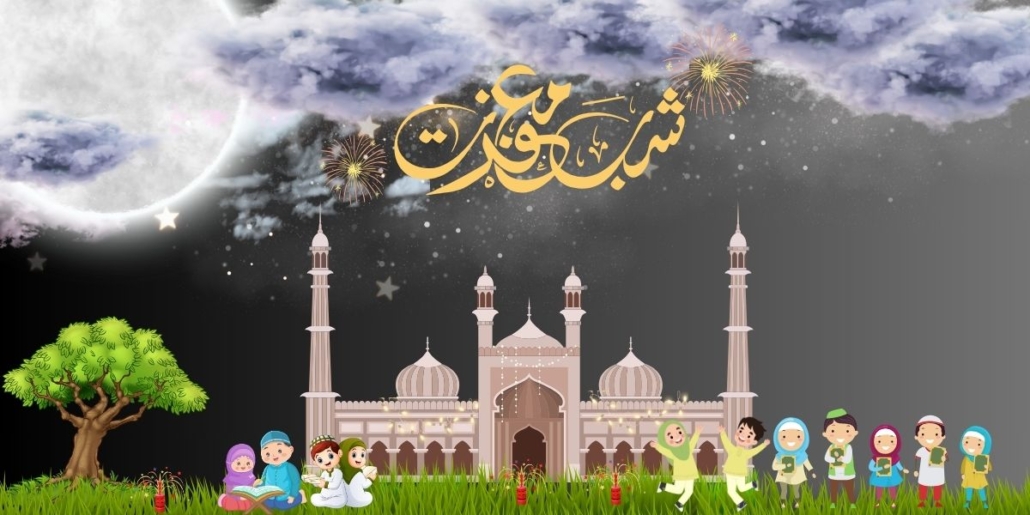Islam, a religion based on the teachings of the Quran. And the traditions of Prophet Muhammad (peace be upon him), are often subject to various cultural interpretations and practices. One such concept that has generated confusion and misinformation is “Shab e Barat,”. A night believed by some to hold special significance in Islam. However, it is crucial to clarify that there is no authentic concept of Shab e Barat in Islam. This belief stems from cultural influences rather than religious teachings.
The Quranic Perspective:
Islam emphasizes the importance of relying on the Quran as the ultimate source of guidance. Nowhere in the Quran does it mention the concept of Shab e Barat or assign any specific significance to a particular night for seeking forgiveness or blessings. The Quranic teachings focus on the broader principles of faith, righteousness, and accountability, rather than prescribing specific rituals or practices on a designated night.
Prophetic Tradition:
Similarly, the Hadith, which comprises the sayings and actions of Prophet Muhammad (peace be upon him), does not provide any authentic evidence supporting the concept of Shab e Barat. Islam encourages adherents to follow the Sunnah, the practices of the Prophet, as a means of understanding and implementing the Quranic teachings. Yet, there is no credible Hadith that designates a specific night for special prayers, forgiveness, or blessings.
Cultural Origins:
The concept of Shab e Barat has its roots in cultural practices rather than Islamic teachings. Many communities have incorporated this belief into their religious observances over time, often influenced by local customs and traditions. However, it is crucial to distinguish between cultural practices and authentic Islamic principles to avoid perpetuating misconceptions.
Focus on Daily Worship:
Islam places a strong emphasis on consistent and sincere worship throughout one’s life rather than confining acts of devotion to a particular night. The concept of Shab e Barat can distract believers from the essence of Islam, which encourages regular prayers, charitable acts, and seeking forgiveness daily. Muslims are urged to lead a virtuous life, fulfilling their religious duties with sincerity and devotion throughout the year.
Unity in Diversity:
Islam is a diverse religion with a rich tapestry of cultures and traditions. While there is beauty in this diversity. It is essential to distinguish between core Islamic beliefs and practices. That may have cultural origins understanding and respecting this diversity can foster unity within the Muslim community. And promote a more accurate and inclusive representation of Islam.
Conclusion:
In conclusion, there is no concept of Shab e Barat in Islam, as supported by the absence of any Quranic or authentic Hadith evidence. Muslims must rely on the fundamental sources of Islamic teachings the Quran and the Sunnah to guide their faith and practices. By dispelling misconceptions and focusing on the core principles of Islam, believers can deepen their understanding of the religion and strengthen their connection with Allah.
